
Celebrating Golf. Actually – Celebrating the Universal Quest to Be Better in Life
April 20, 2024
Click here to listen to podcast version. It was a perfect storm last weekend. First, it rained all weekend long. (Why can’t it rain during the week and leave the weekends for sun and fun?) Second, I got a dang cold again (my second one this year – don’t worry – I won’t talk about […]
Golf / Soule Park Golf Course / The Masters
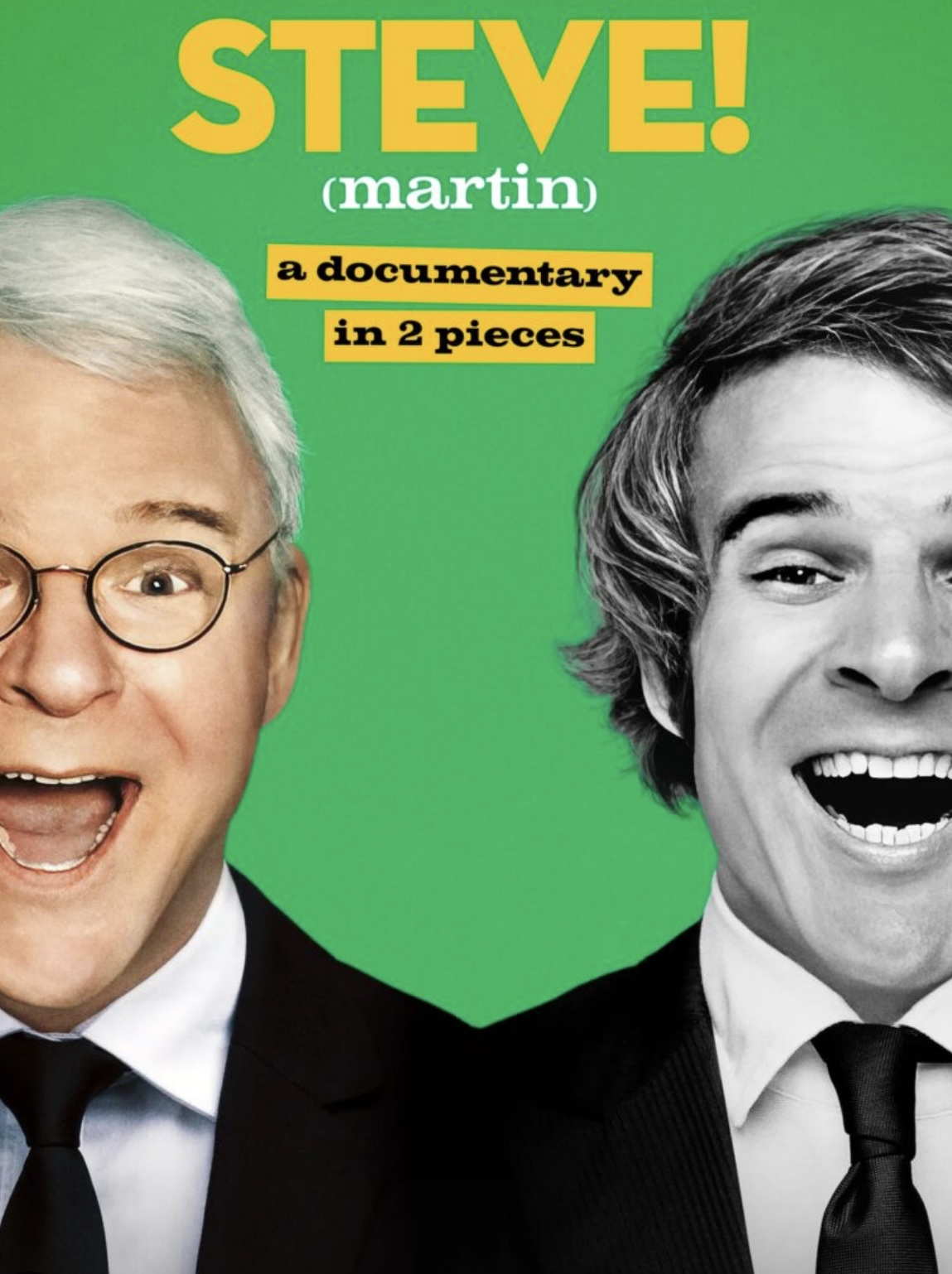
Steve Martin and Me
April 6, 2024
I can already hear the criticism. Shouldn’t the title be Steve Martin and I? Um . . . No. The full title is actually Ruminations about Steve Martin and Me, so as you can see, the “me” pronoun is perfectly acceptable. I read somewhere that grammar debates are the absolute best way to grab the […]
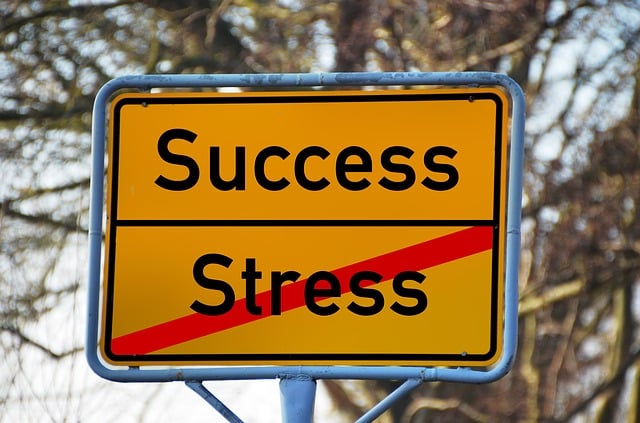
College Admissions Flaws, Grand Ideas, and Moving On
March 23, 2024
Even in my little neighborhood, these months of college acceptances and non-acceptances feel like times of great uncertainty. When I worked in schools, you could feel the anxiety building from the beginning of the senior year. For those students who are applying to colleges, there is stress that is involved. And for the parents, that stress […]

Do Something Every Day That Sucks
March 9, 2024
Lurking in my lower back, there is a pain monster waiting to get out of its cage. For much of my adult life, it’s just waiting for the right moment – it may start roaring when I’m swimming into a flip turn, executing a golf swing, sitting at my computer for too long, or just […]
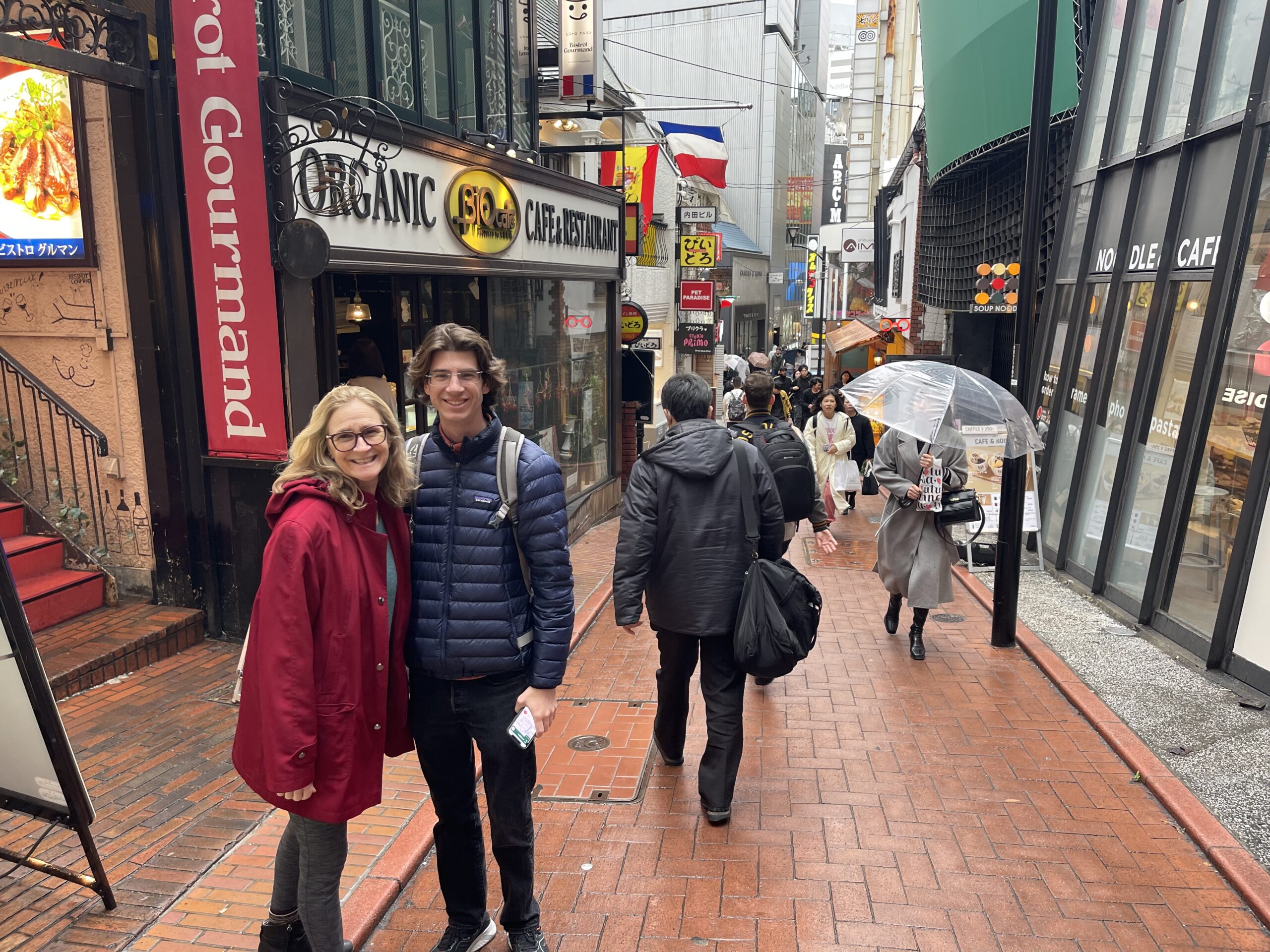
A Week in Tokyo: Hugs, Beers, and Lifetime Experiences
February 24, 2024
So many experiences of parenting are the ones we hope or expect will happen. Learning to walk, going to school, getting a driver’s license, and going off to college are just some of the milestones that went through my head as I looked forward to life with both Ryan and Dawson. Some of them, like […]

Another Cold, Thanks to Bill Murray and Thor
February 10, 2024
I never put much stock in Groundhog Day. Having spent the last 31 years in Southern California, we never really worried about our winters being too long. So, the idea of whether or not the sun is shining when a fairly obscure rodent emerges from his burrow has been pretty much a big “Whatever” in […]
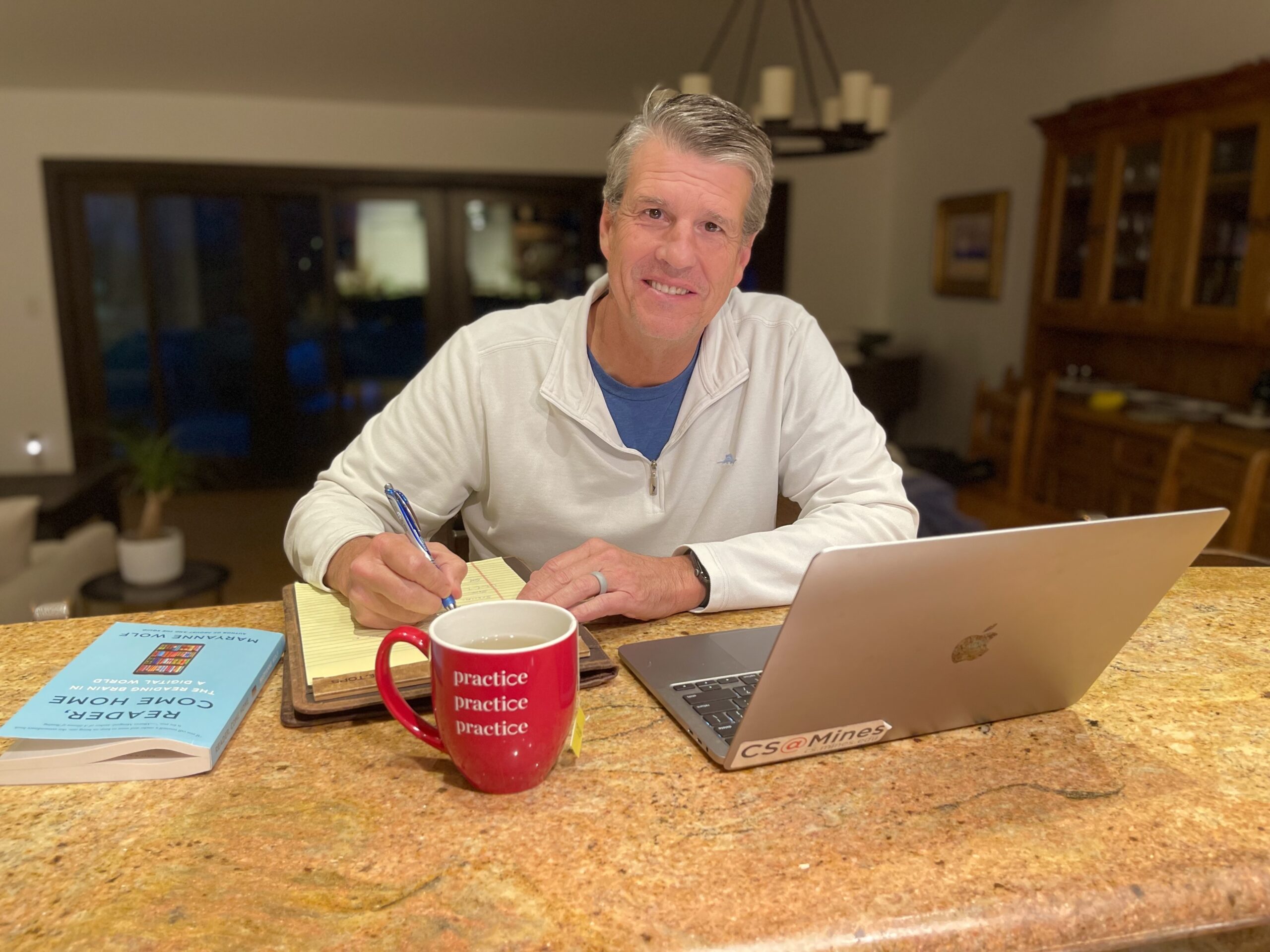
My Writing Journey Started in the Trash Can
January 26, 2024
I did not always consider myself a skillful writer. In fact, back in my high school days, I can recall having the impression that I wasn’t very good at all, and that no one looked forward to reading my thoughts on paper. That impression was certainly reinforced by a singular experience in my senior English […]
Aristotle / Catholic High School / Father Tribou / Maryanne Wolf / retirement
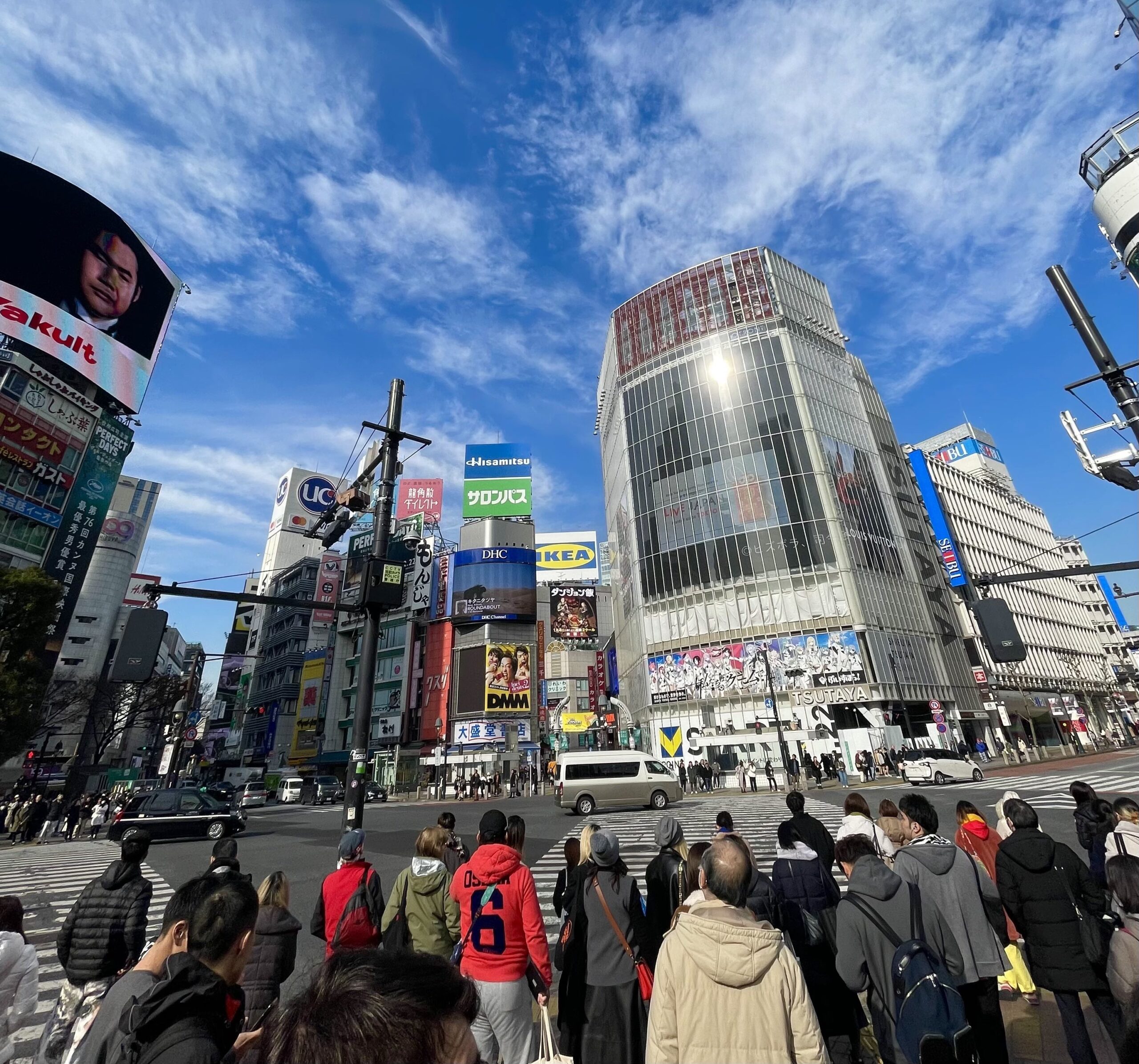
I Hate That I Give Such Good Advice
January 12, 2024
It’s my own fault that I’m feeling so unsettled this week. I am a big fan of adventures. And I love embarking on adventures where you are not quite sure what to expect. With all of the Yelp and TripAdvisor reviews we have access to now, that sense of the unknown and unexpected is harder […]
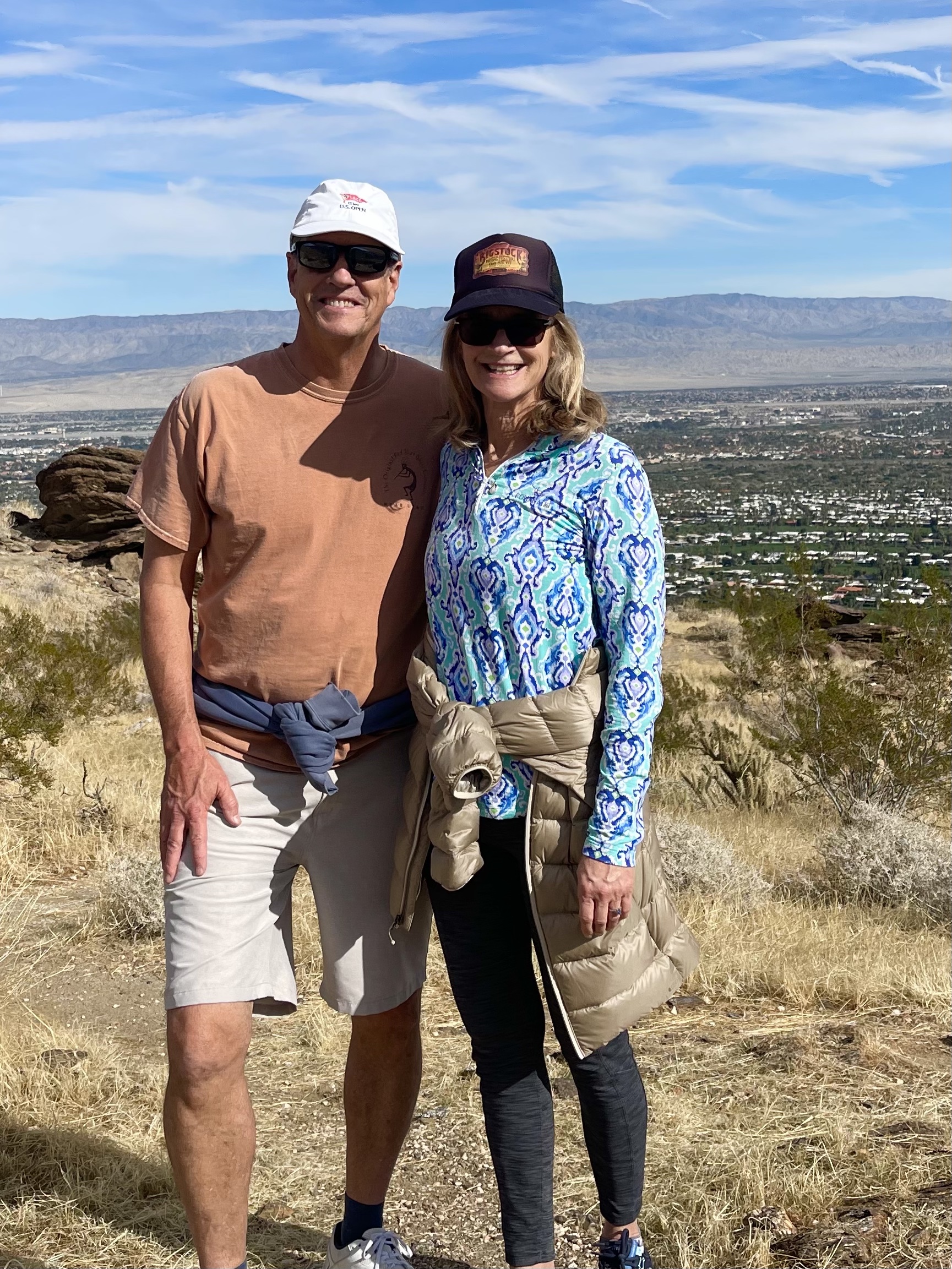
2024 – My Aspirations in One Word
December 31, 2023
Every year about this time, I write a post about my goals for the year. I do it for myself, and I think that by posting it publicly, I have an even better chance of making progress toward those goals. Last year, for my 2023 “one-word goal”, I actually chose two words to focus on: […]
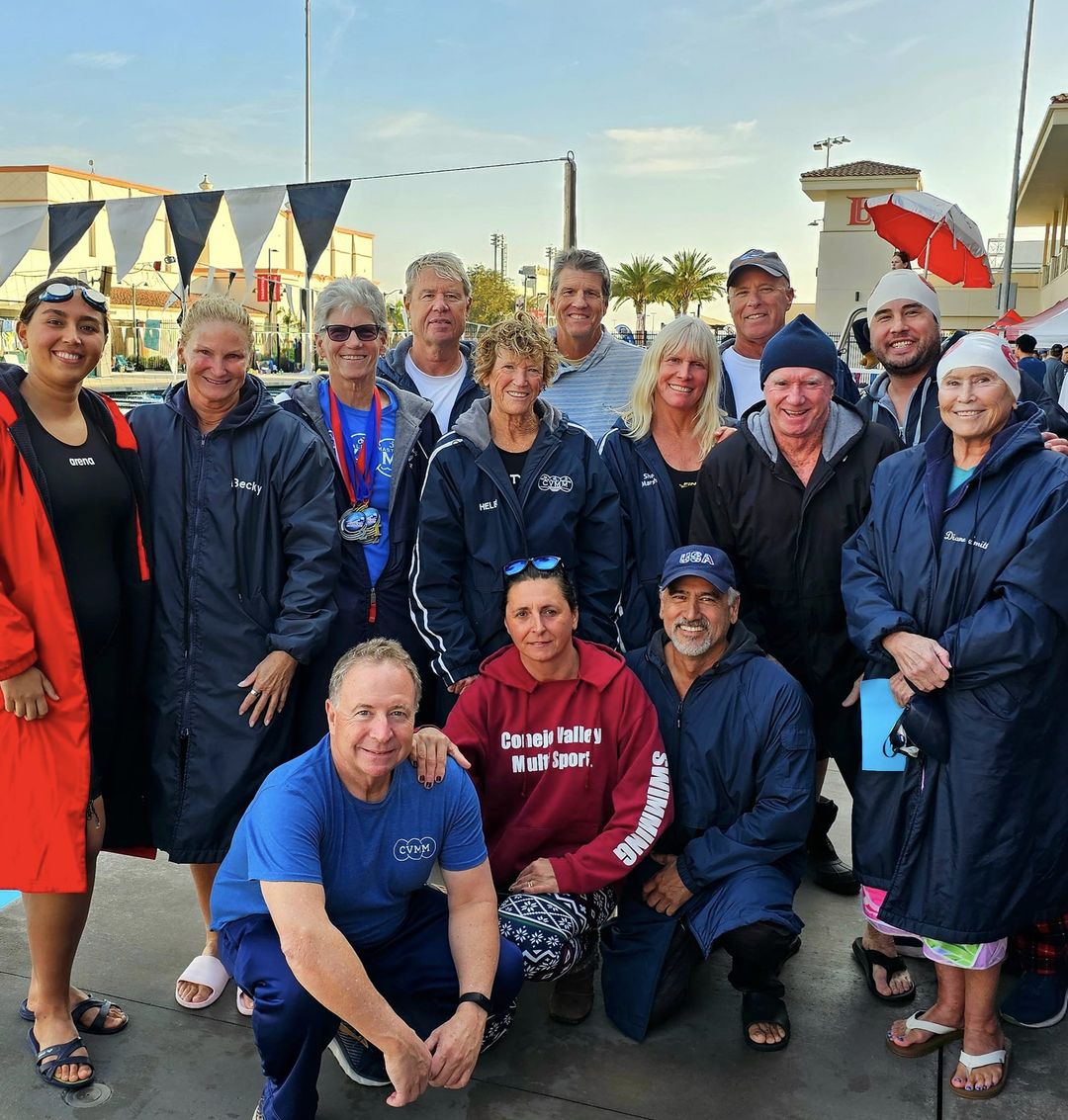
I Don’t Want to Swim Slower as I Get Older
December 15, 2023
A few years ago, I wrote a blog post about masters swimming. But it was really about the concept of improvement. I ended the post with the line, “Life is better lived when we are living to get better.” I still strongly believe in that statement. I love it when I can see that I […]

Thanksgiving: It’s Not Over Until We Decide It Is
December 3, 2023
I’m still reminiscing about our outstanding Thanksgiving holiday. I hope yours was wonderful too. Most of you know that Thanksgiving is by far my favorite holiday of the year. So, with a title inspired by the words of the immortal Bluto Blutarsky, I’m starting a personal campaign to keep Thanksgiving going – to take the […]
Gratitude / Thanksgiving
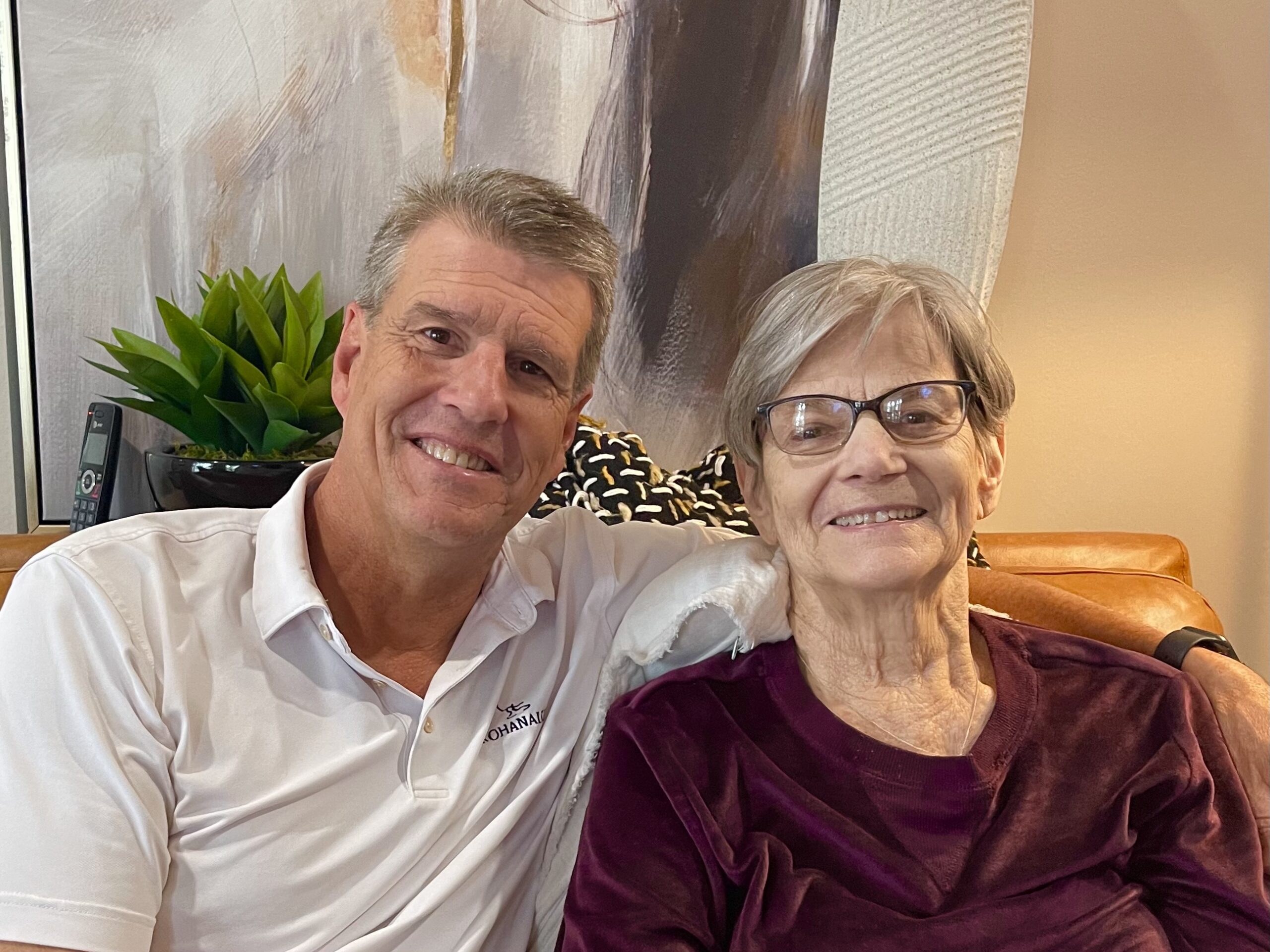
My Mom vs. Dementia: Sadly, Dementia is Winning
November 11, 2023
From the time I was 6 until I was 14, we lived in a two-story house on a busy street in North Little Rock, Arkansas. I scored my own (very small) bedroom upstairs. It was directly above the baby grand piano, where my mom would spend hours in the evenings practicing and playing. She started […]
Dementia / Family / Longevity / top
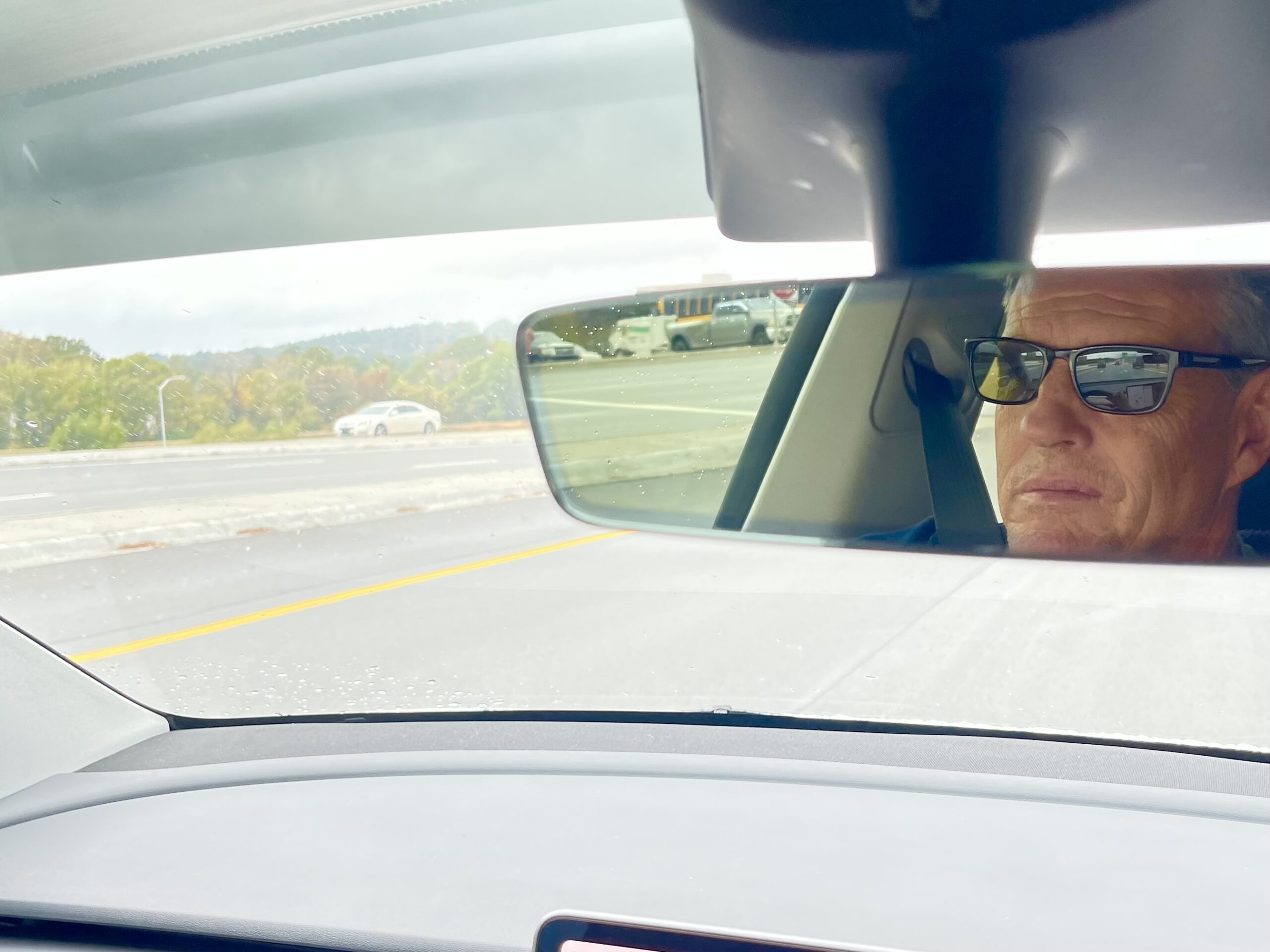
Glory Days, Rear View Mirrors, and Windshields
October 27, 2023
And I hope when I get old I don’t sit around thinking about itBut I probably willJust sitting back, trying to recapture a little of glory, yeahWell time slips away and leaves you with nothing, mister, but boring stories of Glory Days Bruce Springsteen’s Glory Days has always been one of my favorite songs. It’s […]
retirement

Artificial Intelligence: Let’s Make Real Life Better than the Movies
October 14, 2023
I probably watch too many movies. That being said, a lot of movies have predicted terrible or near-terrible things happening to humanity because of Artificial Intelligence: HAL 9000 in 2001: A Space Odyssey, the WOPR in WarGames, Skynet in the Terminator movies, and The Matrix in The Matrix. In all of these films, humans invent […]
60 Minutes / AI / AlphaFold / Artificial Intelligence / chatgpt / DeepMInd / Ezra Klein / Geoffrey Hinton

How I Learned to Stop Worrying and Love the Phone
September 30, 2023
I’ll say it. I love my iPhone. I have the iPhone 12 Pro Max. It’s big, yet still fits in my back pocket. It would fit perfectly on a belt-attached phone holder, but my son Ryan told me to stop doing that back when I carried a Palm Pilot. “Dad. A phone is not a […]
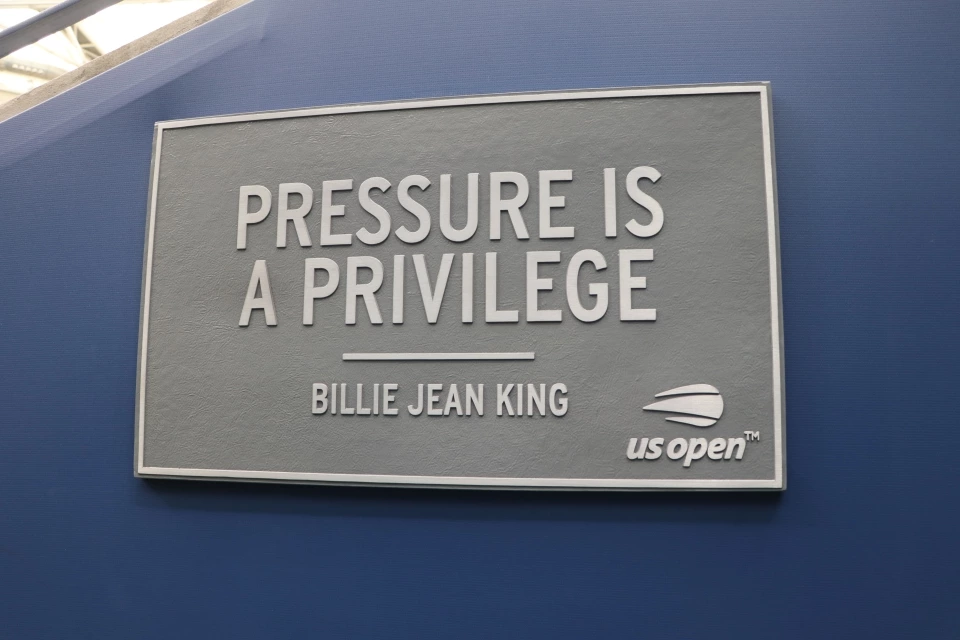
Pressure is a Privilege
September 15, 2023
I always appreciate my friend Mikke for his humor, fantasy football banter, and his sense of adventure. But way more than that, I appreciate him because he is a very wise man who has listened and helped me to be my best on numerous occasions. He now serves as an executive coach, and he has […]
Billie Jean King / Tennis / top
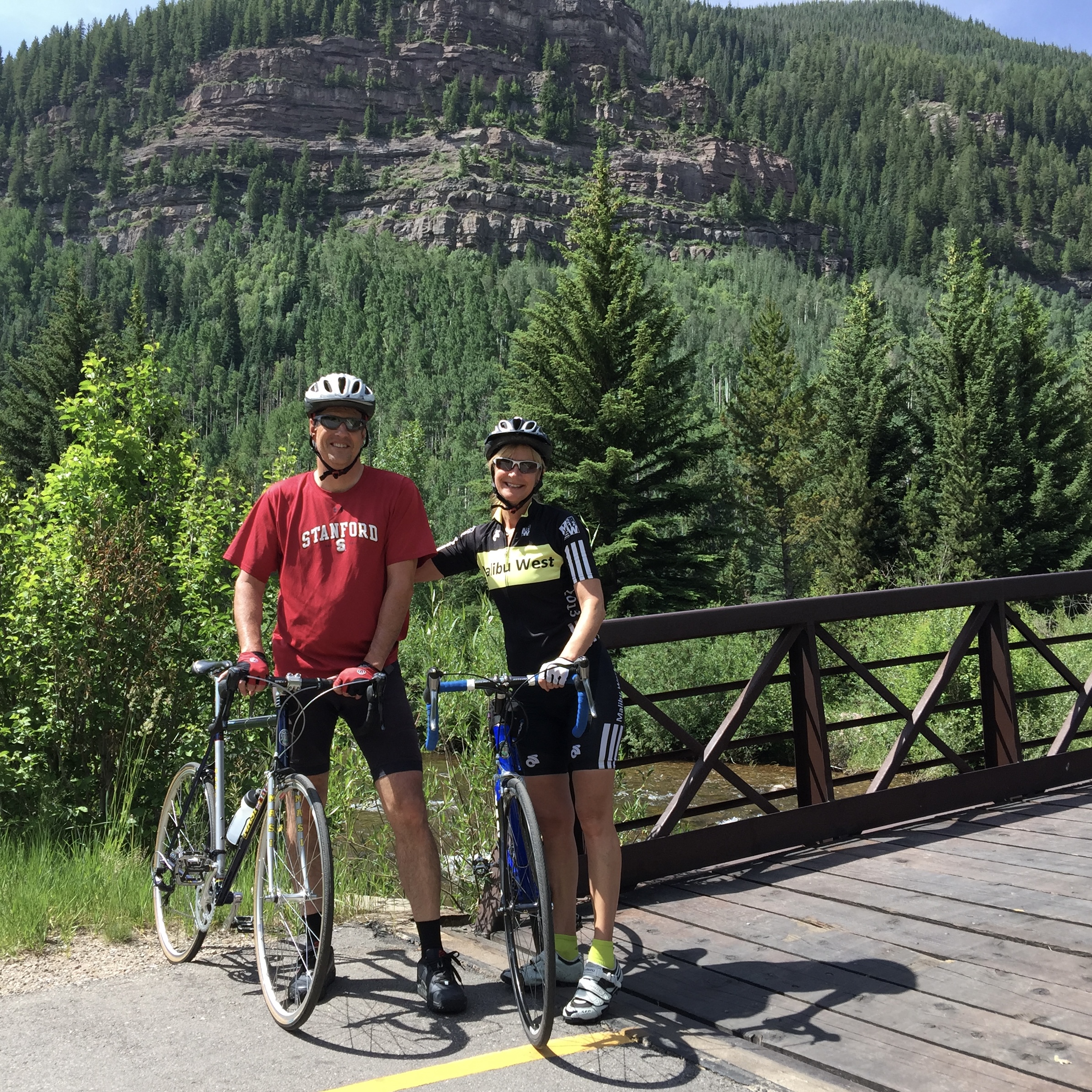
Ferris Bueller was Right. And He Was Wrong
September 1, 2023
Helping our Brains to Perceive a Fuller Picture Ferris Bueller said, “Life moves pretty fast. If you don’t stop and look around once in a while, you could miss it.” He’s right of course, which is why I certainly would have joined the Save Ferris campaign. But maybe Ferris was wrong (gasp!) when it comes […]
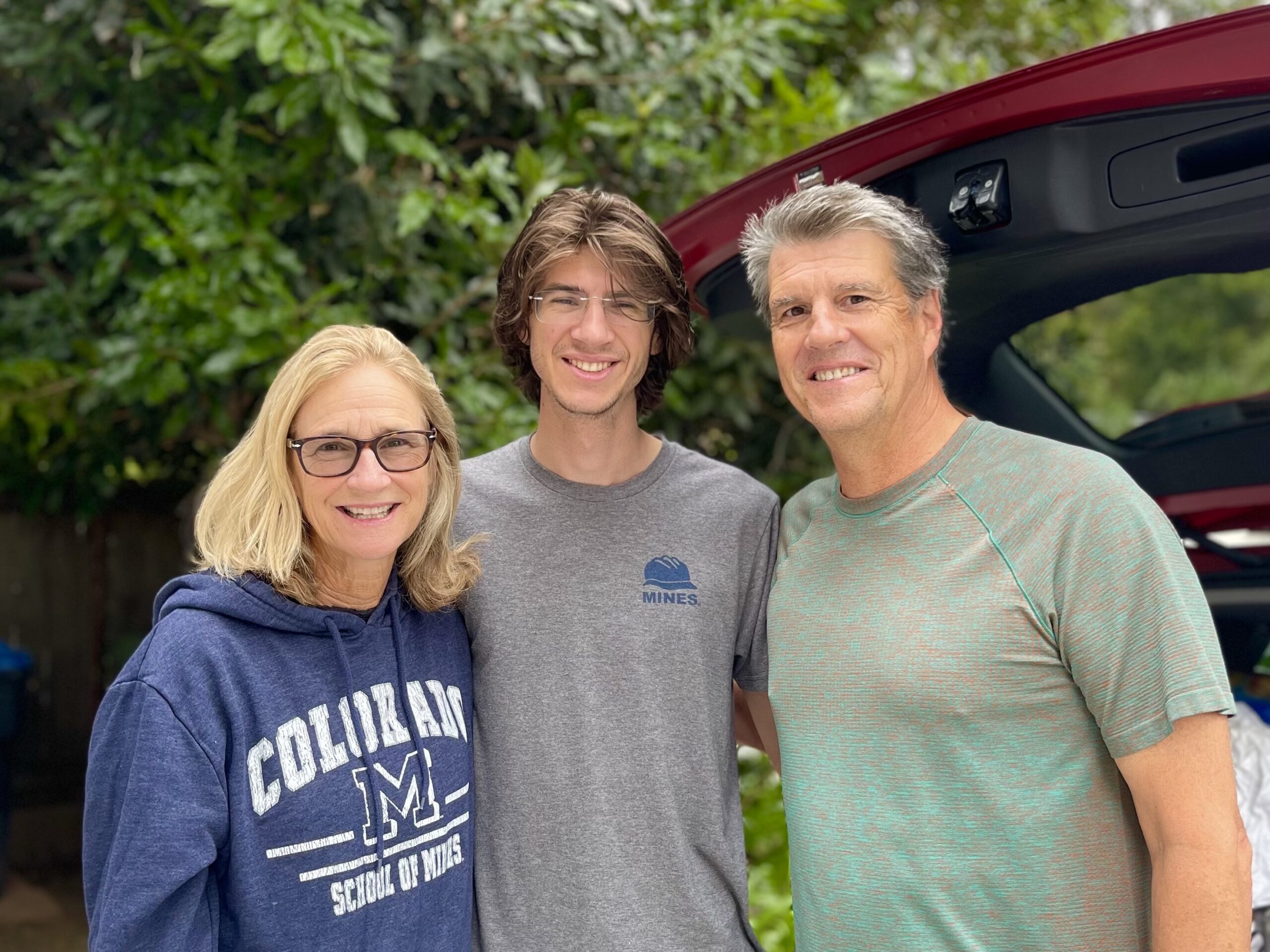
Hopes, Dreams, and Prayers for our Teachers
August 18, 2023
We said goodbye to Dawson last week. He packed his car and drove off to Colorado for the start of his junior year. It seems so early, yet the new school year is starting across the nation. My youngest nephew, who is a lovable and precocious rascal, just began kindergarten this week. I hope his […]
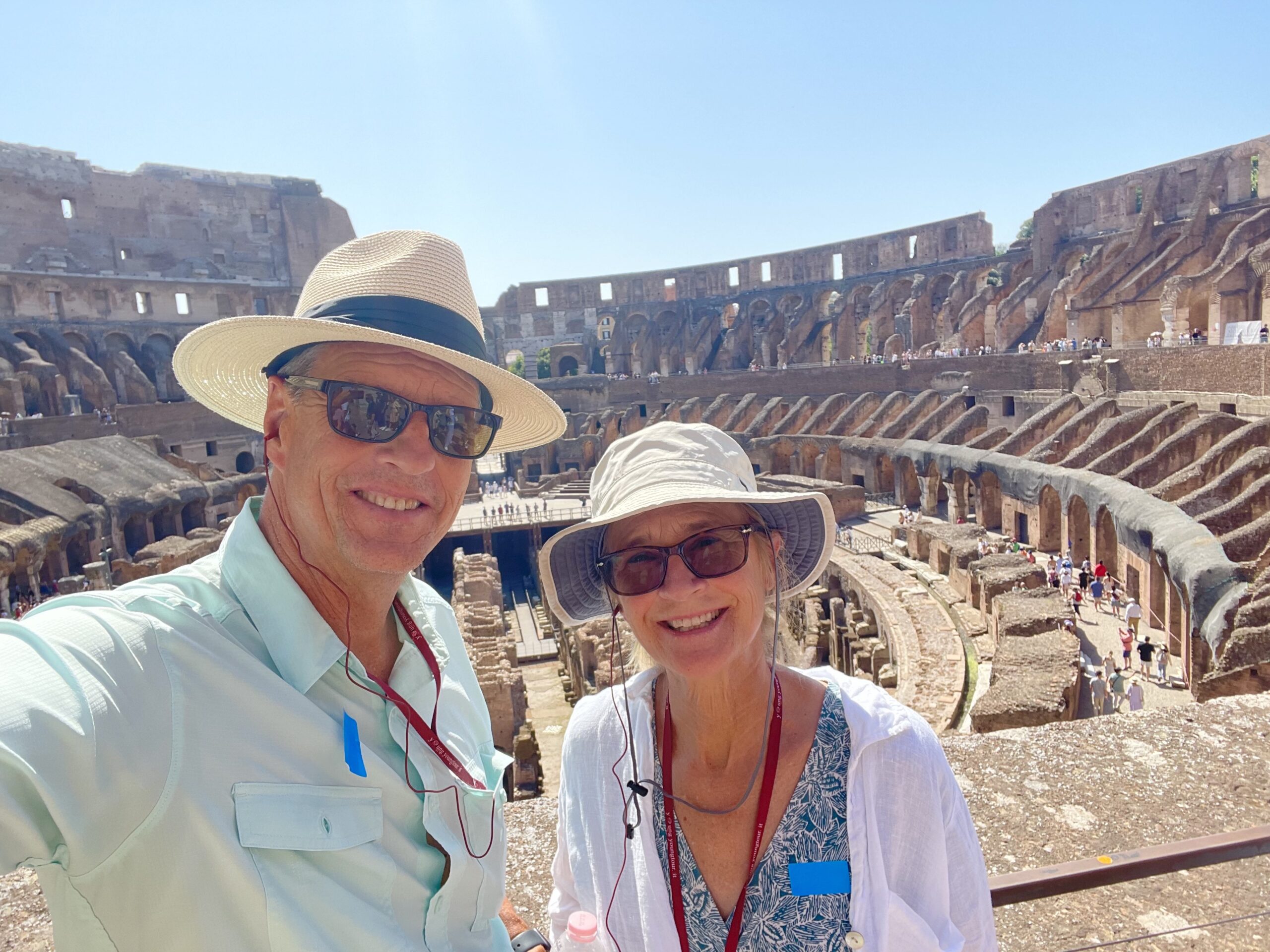
Reflections on Italy (Especially the Tomatoes)
August 5, 2023
Summer is in full swing, and I love it. Here in Malibu, the beaches are crowded, the roads are crazy, the ocean is warm enough even for my anti-cold-water self, and our hot days reach between 80 and 85 degrees. Yeah . . . it’s pretty nice. So we of course made the most of […]
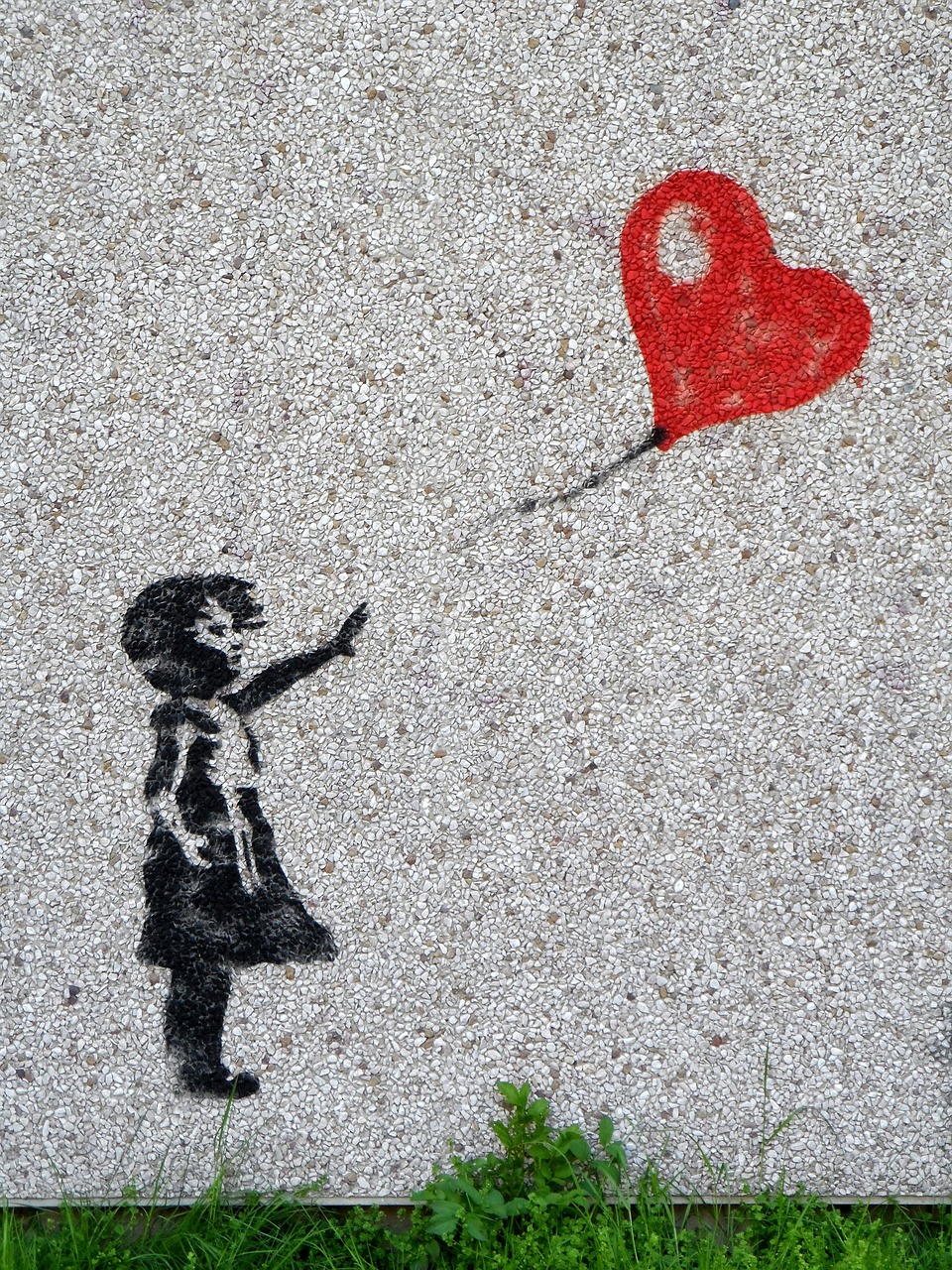
Lingering on the Last Day
July 22, 2023
Alternate Title: Pressing that “SEND” Button is Really Hard! One of the benefits of writing this blog is renewing connections with old friends. In fact, a friend, who is a regular reader, and I have actually become closer because of our interactions regarding my writing. After over forty years of knowing this person, I had […]

The Battle to Preserve the Table in our Lives
July 1, 2023
Thanks to all of you who added outstanding recommendations to my summer reading blog post. As always, your comments make the post come alive, and I’m grateful. I’ve already read two of the recommendations (On the Road, and The Life and Times of the Thunderbolt Kid), and I’m working on a third (Dirt). I’ve included […]
Blue Zones / Golf / Kiawe Outdoor / Saturday Morning Cartoons / TV

Summer Reading – Having a Blast
June 11, 2023
I’ve never believed in predestination. I believe that we all have far more than one possible path. My son Dawson always marvels at all of the things that had to happen, just in his parents’ lives, for him to come into existence. It is indeed a marvel. How did an oddball kid from Arkansas end […]
Calvin / Summer
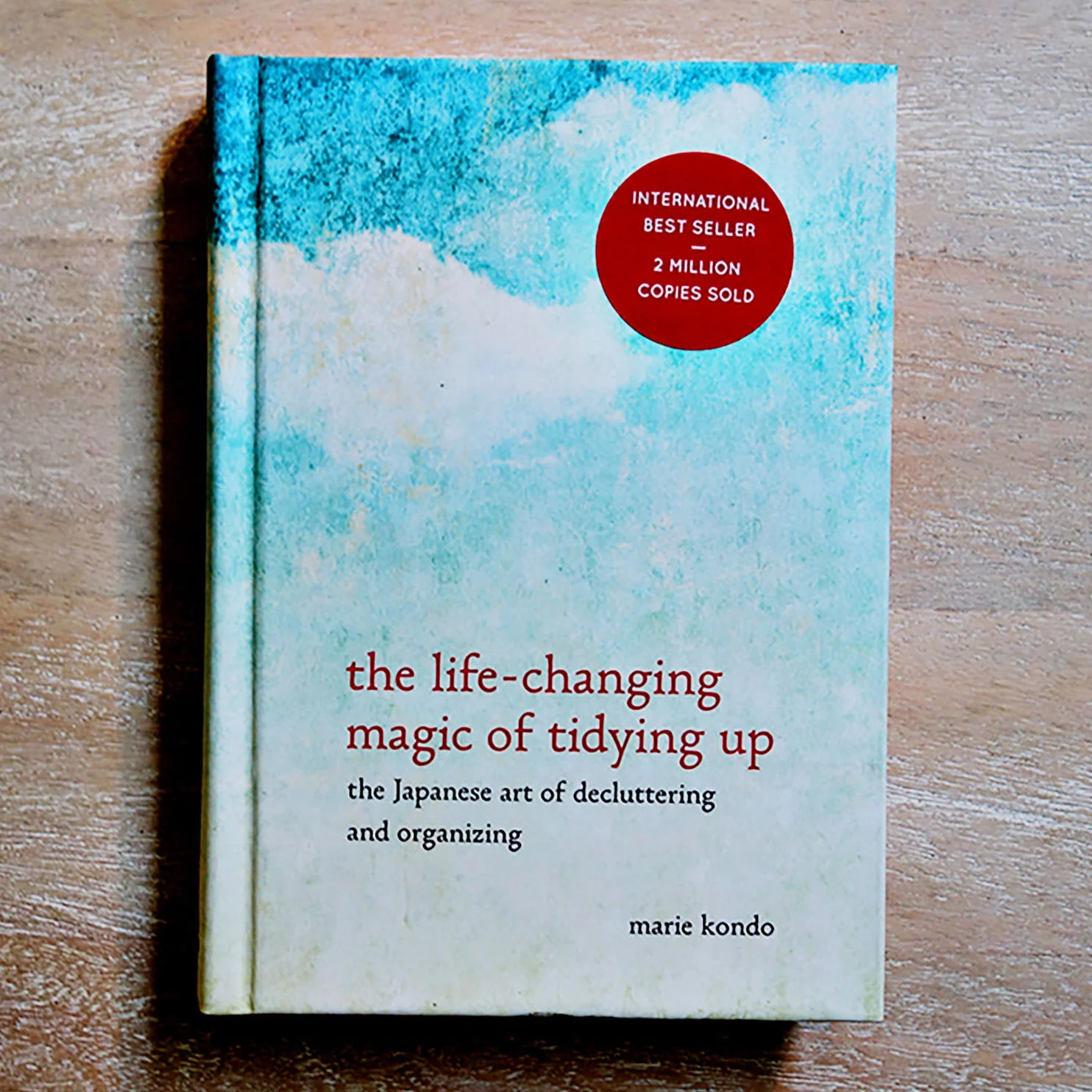
My Life is Better with Less Clutter
May 26, 2023
I was not born with the “neat and tidy” gene. In fact, everything about me wants to be messy. My mom and dad had to deal with it while I was growing up. My dad tried some rather drastic measures to help me address my shortcomings. One time, after asking me for the 234th time […]
Architects / Jon Marley / KonMari / Marie Kondo / Neil Schmidt / Organization / Teaching
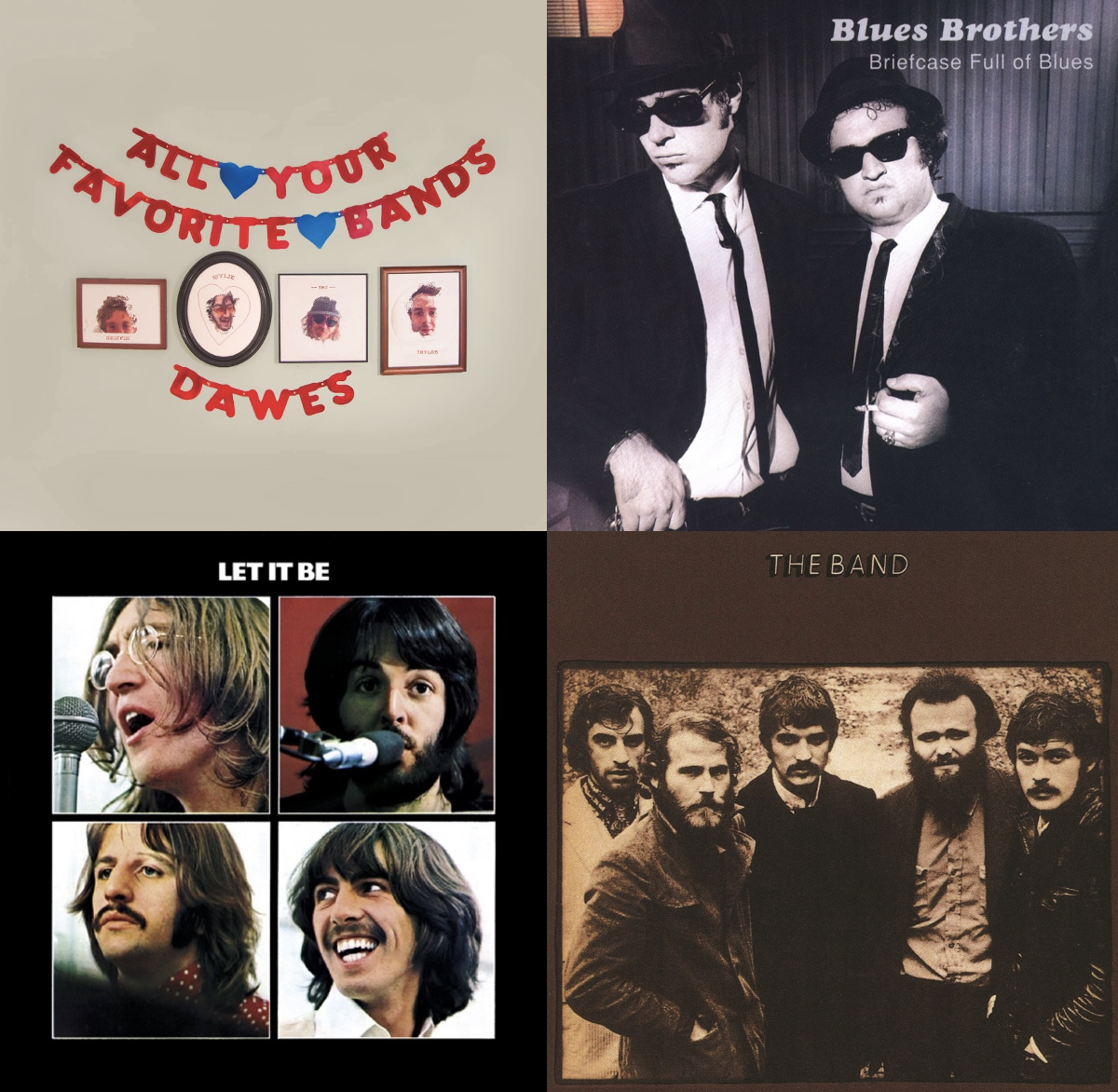
May All Your Favorite Bands Stay Together
May 12, 2023
“We’re getting the band back together!” That was Jake and Elwood’s dream in The Blues Brothers Movie. Getting the band back together is a worthy dream. During my college years, while driving back and forth between Little Rock and Palo Alto, the Blues Brothers cassette kept me entertained and awake as I sang along with […]
Billy Mitch Chandler / Blues Brothers / Joe Bolter / Malibu High School / Netflix is a Joke / Playing for Change / Simon Dawes / The Band / The Weight























